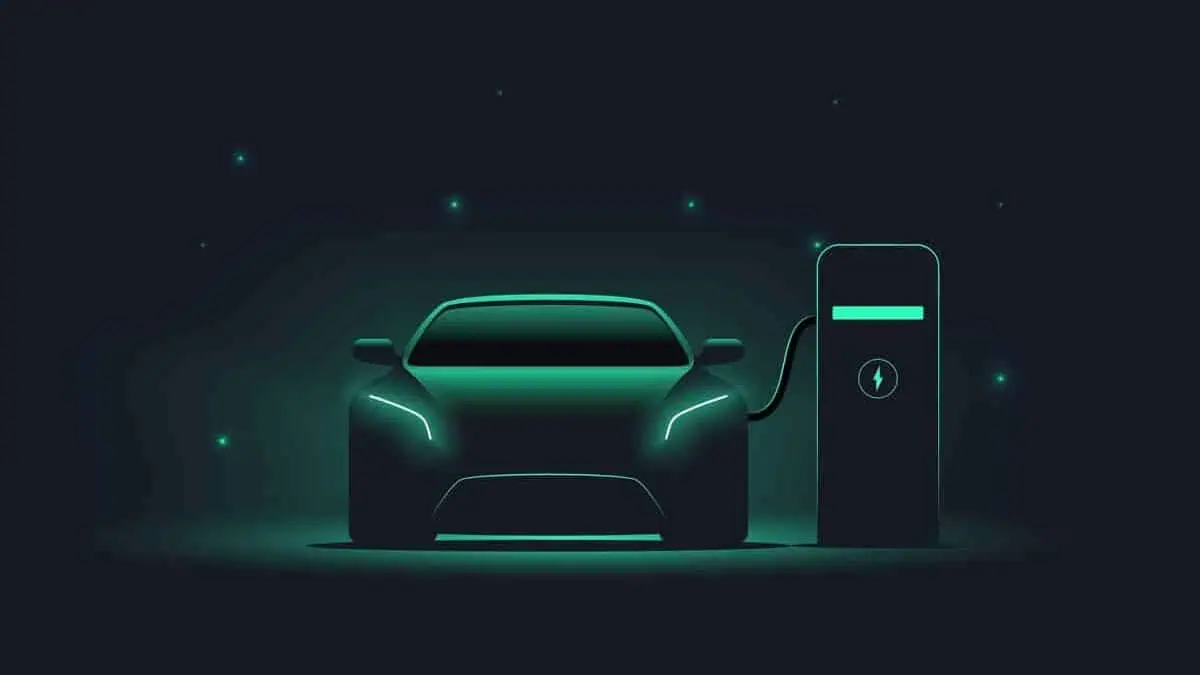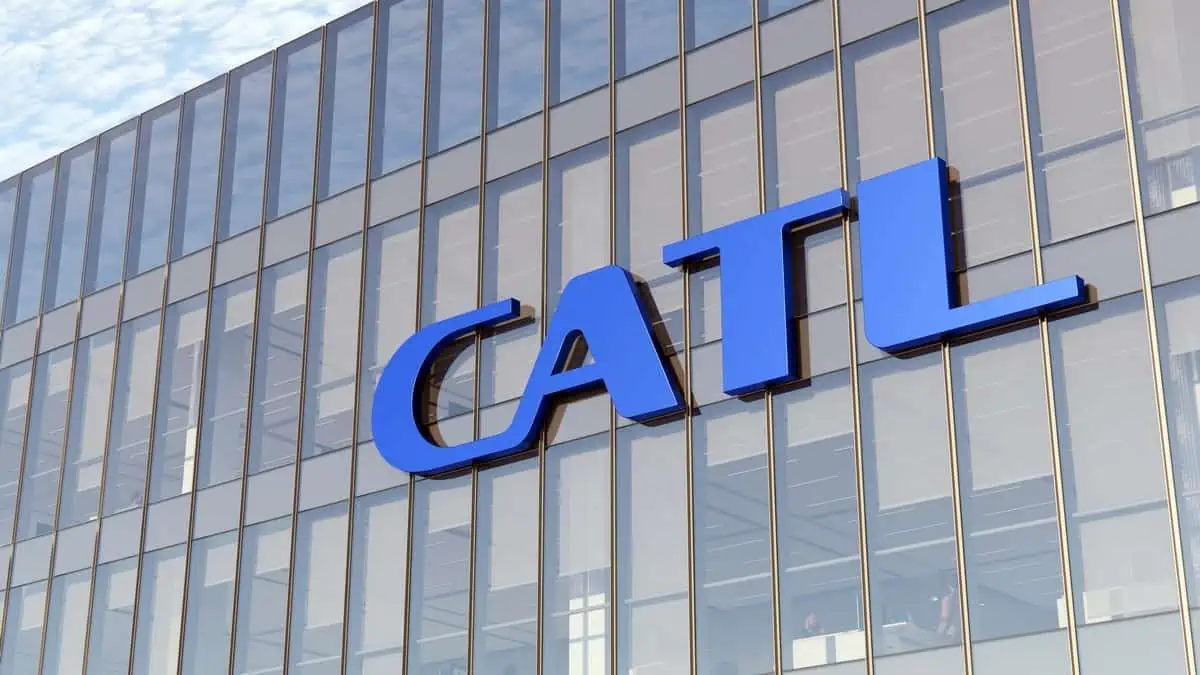The annual Tracking Clean Energy Progress report was just made public by the International Energy Agency (IEA). Although there have been “encouraging signs of progress across a number of sectors” as per the Paris-based organization, more effort still has to be made to achieve the 1.5-degree Celsius goal.
InsideEVs reported that the tremendous increase in electric vehicle sales predicted in 2021 was one of the key positives highlighted by the IEA. Last year, 6.6 million electric vehicles were sold, accounting for 9% of the whole automotive market. Furthermore, that number is anticipated to increase by around 9.5 million (or 13%) in 2022.
Electric vehicles are the primary technology for decarbonizing the road transportation industry, which generates 16% of all emissions worldwide. That said, it is worth noting that despite the need for further EV sales improvement in developing countries, IEA is optimistic that they are on pace to reach the goals set forth in the 2015 Paris Agreement.
Several industries that are falling short of the Paris Agreement’s 2050 targets were also examined by the IEA:
| “Areas not on track include improving the energy efficiency of building designs, developing clean and efficient district heating, phasing out coal-fired power generation, eliminating methane flaring, shifting aviation and shipping to cleaner fuels, and making cement, chemical and steel production cleaner.” |
The IEA report identified 30 regions as being “off track” in total. Another 23 “need more effort” in the meanwhile. However, Fatih Birol, IEA’s executive director, is optimistic about the future.
According to him, the present energy crisis brought by Russia’s invasion of Ukraine can hasten the development of more eco-friendly alternatives. He said, as reported by CNBC:
| “There are more signs than ever that the new global energy economy is advancing strongly. This reaffirms my belief that today’s global energy crisis can be a turning point towards a cleaner, more affordable and more secure energy system.” |






